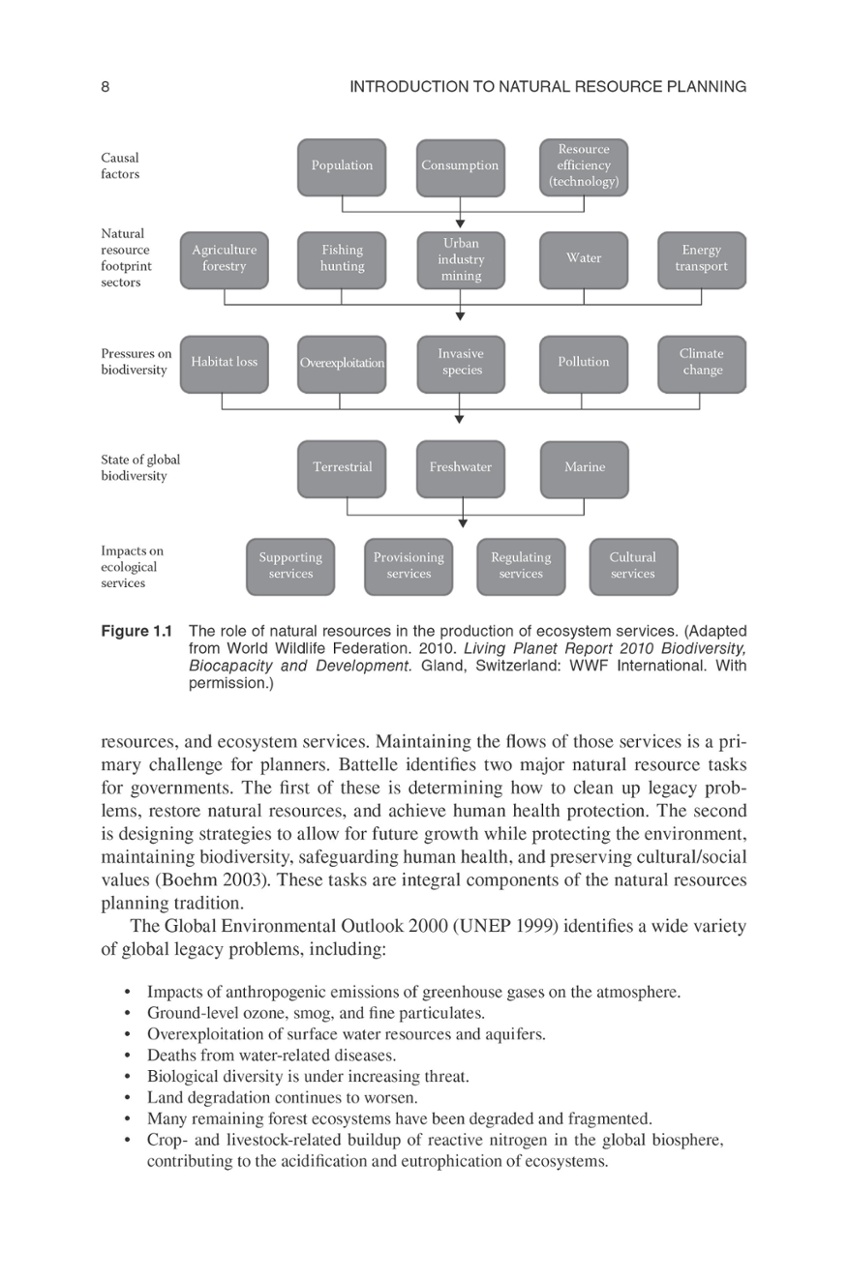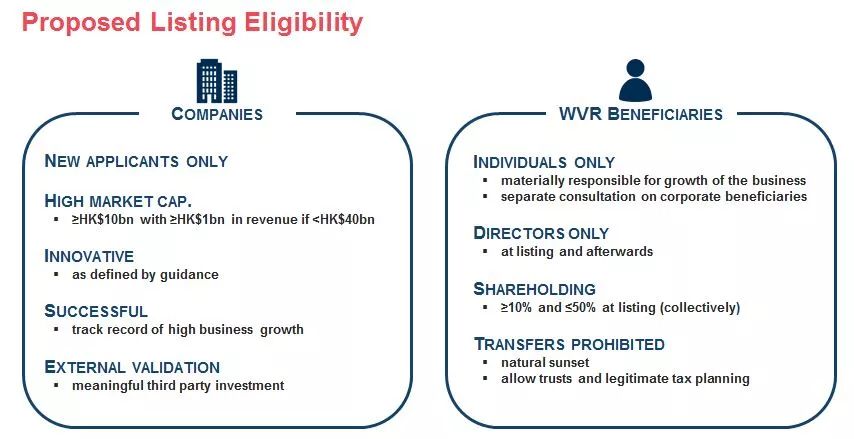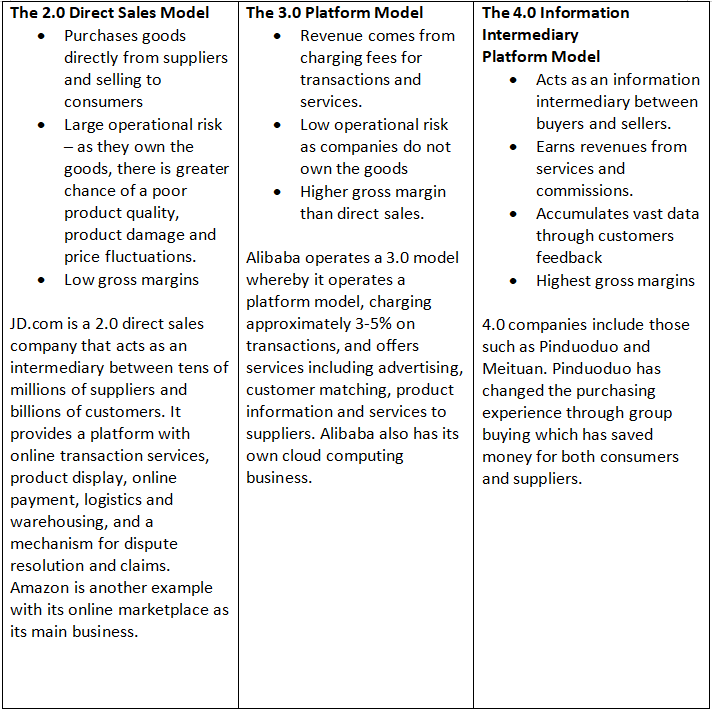Comprehensive Guide to Understanding Renovation Loan Requirements for Your Home Improvement Projects
#### Renovation Loan RequirementsWhen considering a renovation loan, it's essential to understand the specific requirements that lenders impose. These requi……
#### Renovation Loan Requirements
When considering a renovation loan, it's essential to understand the specific requirements that lenders impose. These requirements can vary based on the type of loan you are seeking, such as FHA 203(k), Fannie Mae HomeStyle, or a personal loan for home renovations. Each loan type has its own set of criteria, but common elements often include:
1. **Credit Score**: Most lenders require a minimum credit score, typically ranging from 620 to 640. A higher score can improve your chances of approval and secure better interest rates.
2. **Income Verification**: Borrowers must provide proof of income, which can include pay stubs, tax returns, and bank statements. Lenders want to ensure that you have the financial stability to repay the loan.
3. **Debt-to-Income Ratio (DTI)**: Lenders assess your DTI, which compares your monthly debt payments to your gross monthly income. A DTI ratio below 43% is generally preferred.
4. **Property Appraisal**: An appraisal is usually required to determine the current value of your home and the potential value after renovations. This helps lenders assess the risk of the loan.
5. **Project Plans**: Detailed plans and estimates for the proposed renovations are often necessary. This includes a timeline, budget, and the specifics of the work to be done.

6. **Down Payment**: Depending on the loan type, a down payment may be required. FHA loans, for instance, can require as little as 3.5% down, while conventional loans may require 5% or more.
7. **Loan Amount**: The total loan amount must be justified by the projected value of the home after renovations. Lenders typically want to see that the investment will increase the property’s value.
8. **Documentation**: Be prepared to provide various documents, including identification, proof of residency, and any additional information required by the lender.
#### Understanding the Importance of Renovation Loan Requirements
Understanding renovation loan requirements is crucial for potential borrowers. Not only does it prepare you for the loan application process, but it also helps you set realistic expectations for your home improvement project. Knowing what lenders expect can streamline the process and increase your chances of approval.

#### The Benefits of Meeting Renovation Loan Requirements
When you meet the renovation loan requirements, you unlock several benefits:
- **Increased Home Value**: Renovations can significantly boost your home's market value, making it a worthwhile investment.
- **Improved Living Conditions**: Whether it’s updating a kitchen or adding a bathroom, renovations can enhance your living space and overall quality of life.
- **Potential Tax Benefits**: Some home improvements may qualify for tax deductions, especially if they are energy-efficient upgrades.

- **Access to Better Financing Options**: Meeting the requirements can lead to more favorable loan terms, including lower interest rates and flexible repayment options.
#### Conclusion
In summary, understanding and meeting renovation loan requirements is vital for anyone looking to finance home improvements. By preparing your financial documents, understanding your credit situation, and having a clear plan for your renovations, you can navigate the loan process more effectively. Always consult with a financial advisor or mortgage professional to ensure you are making informed decisions tailored to your specific situation. With the right preparation, you can successfully secure a renovation loan and turn your home improvement dreams into reality.